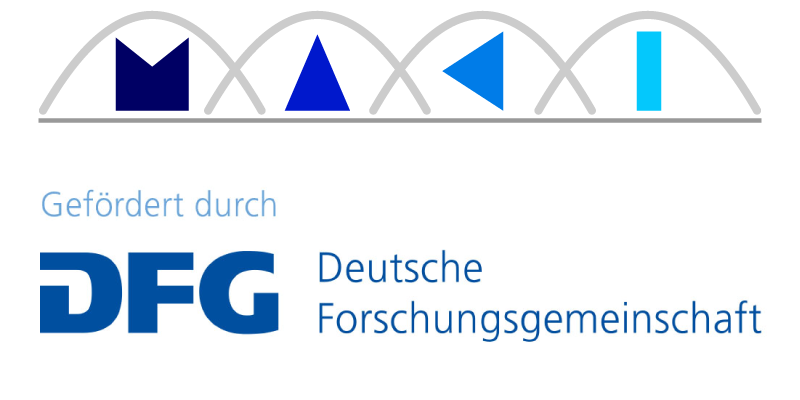Dr. Christian Krupitzer

Titel:
Lost in Transition? A Tutorial on Engineering Self-adaptive Software Systems
Abstract:
A Self-adaptive Software System “evaluates its own behavior and changes behavior when the evaluation indicates that it is not accomplishing what the software is intended to do, or when better functionality or performance is possible” [1]. Critical for these systems is a suitable control structure. Most often, works in the field apply the MAPE-K loop [2] for that purpose, which Monitors the managed resources as well as their environment through sensors, Analyzes whether the current system performance could be increased through adaptation, Plans the change of system parameters, the system structure, or context-adaptation, and Executes the adaptation on the managed resources.
This tutorial presents an overview on the dimensions of self-adaptation that are relevant for the design of such systems. Additionally, it explains in detail the different MAPE activities and differences in the design of reactive and proactive reasoning for self-adaptation. Use cases help to visualize the content.
Bio:
Dr. Christian Krupitzer received his bachelor’s, master’s, and Ph.D. degrees from the University of Mannheim, Germany, in 2010, 2012, and 2018, respectively. He is currently a post-doctoral researcher and leads the Internet-of-things and Cyber-physical Systems group at the Chair of Software Engineering of the University of Würzburg.
His research interests include Self-aware Computing Systems and Self-adaptive Software, Machine Learning, and Augmented/Virtual Reality applied in the domains of platooning and (self-driving) smart cars, intelligent transportation systems, Industry 4.0, and sports analytics and training support.
He is involved in the organization of workshops for different conferences, such as IEEE International Conference on Pervasive Computing and Communications (PerCom) and IEEE International Conference on Autonomic Computing (ICAC), and is part of the TCP or reviewer for various conferences and journals, such as ICAC, IEEE International Conference on Intelligent Transportation Systems (ITSC), and ACM Transactions on Autonomous and Adaptive Systems (TAAS).



